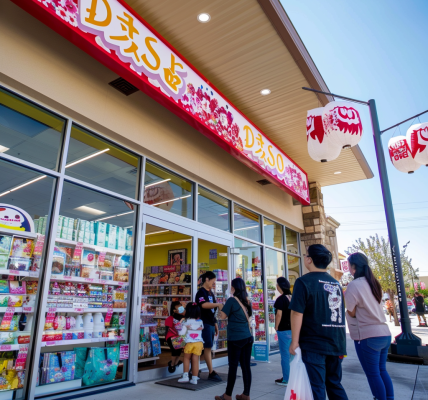Autonomous Corporate Learning Platforms: Arriving Now, Powered by AI
Thanks to Generative AI, we’re about to see the biggest revolution in corporate learning since the invention of the internet. And this new world, which will bring together personalization, knowledge management, and a delightful user experience, is long overdue.
I’ve been working in the corporate learning market since 1998, when the term “e-learning” was invented. And every innovation since that time has been an attempt to make training easier to build, easier to consume, and more personalized. Many of the innovations were well intentioned, but often they didn’t work as planned.
First came role based learning, then competency-driven training and career-driven programs. These worked great, but they couldn’t adapt fast enough. So people resorted to short video, YouTube-style platforms, and then user-authored content. We then added mobile tools, highly collaborative systems, MOOCs, and more recently Learning Experience Platforms. Now everyone is focused on skills-based training, and we’re trying to take all our content and organize it around a skills taxonomy.
Well I’m here to tell you all this is about to change. While none of these important innovations will go away, a new breed of AI-powered dynamic content systems is going to change everything. And as a long student of this space, I’d like to explain why. And in this conversation I will discuss four new vendors, each of which prove my point (Sana, Docebo, Uplimit, and Arist).
The Dynamic Content Problem: Instructional Design By Machine
Let’s start with the problem. Companies have thousands of topics, professional skills, technical skills, and business strategies to teach. Employees need to learn about tools, business strategies, how to do their job, and how to manage others. And every company’s corpus of knowledge is different.
Rolls Royce, a company now starting to use Galileo, has 120 years of engineering, technology, and manufacturing expertise embedded in its products, documentation, support systems, and people. How can the company possibly impart this expertise into new engineers? It’s a daunting problem.
Every company has this issue. When I worked at Exxon we had hundreds of manuals explaining how to design pumps, pressure vessels, and various refinery systems. Shell built a massive simulation to teach production engineers how to understand geology and drilling. Starbucks has to teach each barista how to make thousands of drinks. And even Ub





